Circadian rhythm is the body’s intrinsic rhythm, a 24-hour clock, that’s within every cell of our body. It influences metabolism, cognitive function, and immune responses, among other processes. When the circadian rhythm is disrupted, it can lead to a range of health issues. These include metabolic disorders, neurological conditions, and particularly systemic autoimmune diseases (SADs), where the immune system mistakenly attacks the body’s cells. The immune system is closely tied to the circadian rhythm. Various immune mediators, hormones, and cycle proteins that help defend the body against infections operate on a circadian cycle. Disrupting this rhythm can make the immune system less effective and more prone to errors, such as attacking the body’s tissues in autoimmune diseases.
Sleep disturbances are common in patients with autoimmune diseases and significantly impact their quality of life. However, the link between sleep, circadian rhythm disruption, and autoimmune conditions is not fully understood.
Understanding Circadian Rhythms
Circadian rhythms are controlled by a master clock in the brain, located in the hypothalamus's suprachiasmatic nucleus (SCN), which synchronizes with environmental cues like light and temperature. The SCN sends signals to peripheral clocks in organs and tissues, ensuring that bodily functions align with day-night cycles. At the molecular level, circadian rhythms are governed by a feedback loop of clock genes, such as BMAL1, CLOCK, PER, and CRY, which regulate gene expression in metabolism, inflammation, and cell repair. Disruptions to circadian rhythms can desynchronize these clocks, leading to various health problems, including sleep disorders, metabolic issues, weakened immunity, and an increased risk of chronic diseases like obesity, diabetes, cardiovascular disease, and even cancer. Understanding and maintaining healthy circadian rhythms is crucial for overall well-being and disease prevention.
A study looked at how disruptions in our body’s natural daily rhythms might affect the progression of the autoimmune disease, lupus. Researchers analyzed data from 373 lupus patients and found that those with disrupted circadian rhythms were more likely to experience worsening of their disease. They developed a flare risk score (FRS) that can predict how likely it is for lupus to get worse. Interestingly, the study also found that disruptions in circadian rhythms are linked to lupus flares and kidney issues. These findings suggest that the body’s internal clock plays a crucial role in how lupus progresses and that monitoring these rhythms could help predict and manage the disease better.
The Link between Sleep and Immunity
The circadian rhythm orchestrates the timing of various immune processes. For instance, certain immune cells, like T cells, follow a circadian pattern, peaking in activity at specific times of the day. This rhythmic regulation ensures that our immune system is most active when we're awake and exposed to potential pathogens.
Disruption to this natural cycle, such as through shift work, irregular sleep patterns, or chronic stress, can throw the immune system off balance. Studies have shown that people with irregular circadian rhythms are more susceptible to infections, inflammation, and other immune-related issues.
It was stated in a recent study, that clock genes play a significant role in regulating the immune system, including the activity and function of different immune cells like macrophages, dendritic cells, and lymphocytes. For example:
- Macrophages: Clock genes help control when and how certain immune cells called macrophages respond to threats. These genes regulate important sensors on these cells (like Toll-like receptors) and the release of signaling molecules (cytokines) that kickstart the immune response.
- Dendritic Cells: A specific clock gene, Bmal1, helps dendritic cells (another type of immune cell) move around the body and activate other immune cells. When Bmal1 is disrupted, these cells don't work as well, which can weaken the overall immune response.
- B Cells: Bmal1 also affects how B cells (which help make antibodies) communicate by controlling the release of certain signals. Another clock gene, CLOCK, influences how much of a calming molecule (IL-10) B cells produce, which can affect how the immune system responds, especially in calming down after an attack.
These interactions between circadian genes and immune cells show that the body’s immune responses are tied to the circadian rhythm. Disrupting this rhythm can lead to abnormal immune responses, increasing the risk of inflammatory and autoimmune diseases.
Strategies to Support a Healthy Circadian Rhythm
Focusing on genes related to circadian rhythms could be a promising way to treat diseases like autoimmune disorders and cancer. By helping diseased cells regain their natural rhythm, we might improve how well the immune system fights these diseases and slow their progression. Researchers are currently looking into different drugs and treatment methods that can adjust these clock genes to help manage these conditions.
Maintaining a healthy circadian rhythm is key to supporting immune function and reducing the risk of autoimmune diseases. Here are some strategies to keep your internal clock on track:
- Prioritize Sleep: Aim for 7-9 hours of sleep each night and try to go to bed and wake up at the same time every day.
- Get Morning Sunlight: Exposure to natural light in the morning helps regulate your circadian rhythm and improve sleep quality.
- Limit Blue Light Exposure: Reduce screen time in the evening, as blue light can interfere with melatonin production and disrupt sleep.
- Manage Stress: Chronic stress can disrupt your circadian rhythm, so incorporating stress-reducing practices like meditation, exercise, or deep breathing is essential.
- Eat Consistently: Try to have meals at the same time each day, as irregular eating patterns can disrupt your circadian rhythm.
Sources
- https://www.ncbi.nlm.nih.gov/pmc/articles/PMC10419593/
- https://www.nature.com/articles/s41420-024-01960-1#:~:text=Circadian%20rhythm%20can%20affect%20the,thereby%20regulating%20their%20ability%20to
- https://www.nature.com/articles/s41420-024-01960-1
- https://lupus.bmj.com/content/11/1/e001109
- https://www.mayoclinic.org/diseases-conditions/insomnia/expert-answers/lack-of-sleep/faq-20057757
- https://www.yalemedicine.org/news/how-sleep-affects-immunity
- https://www.uchealth.com/en/media-room/covid-19/better-sleep-habits-to-strengthen-immunity











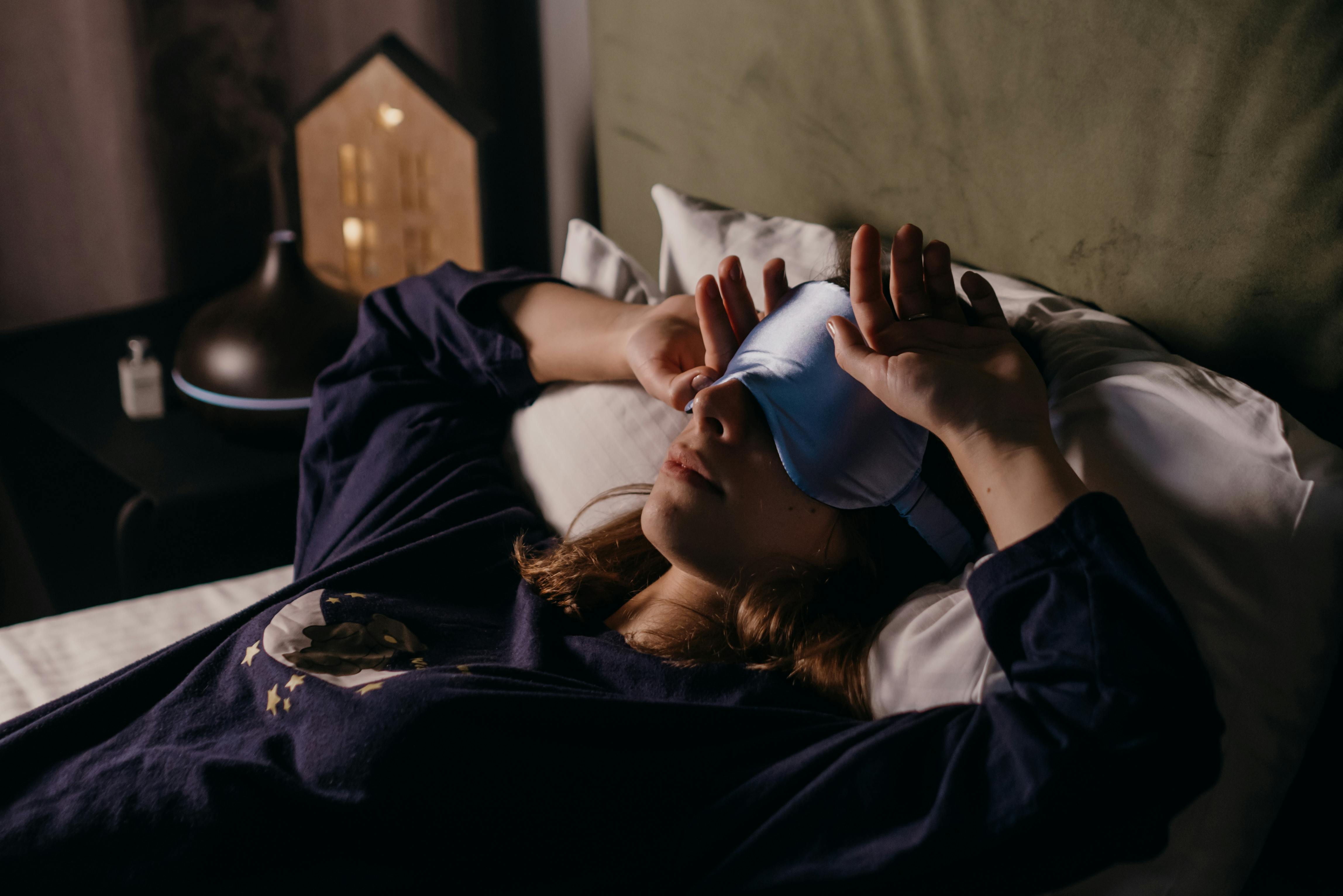




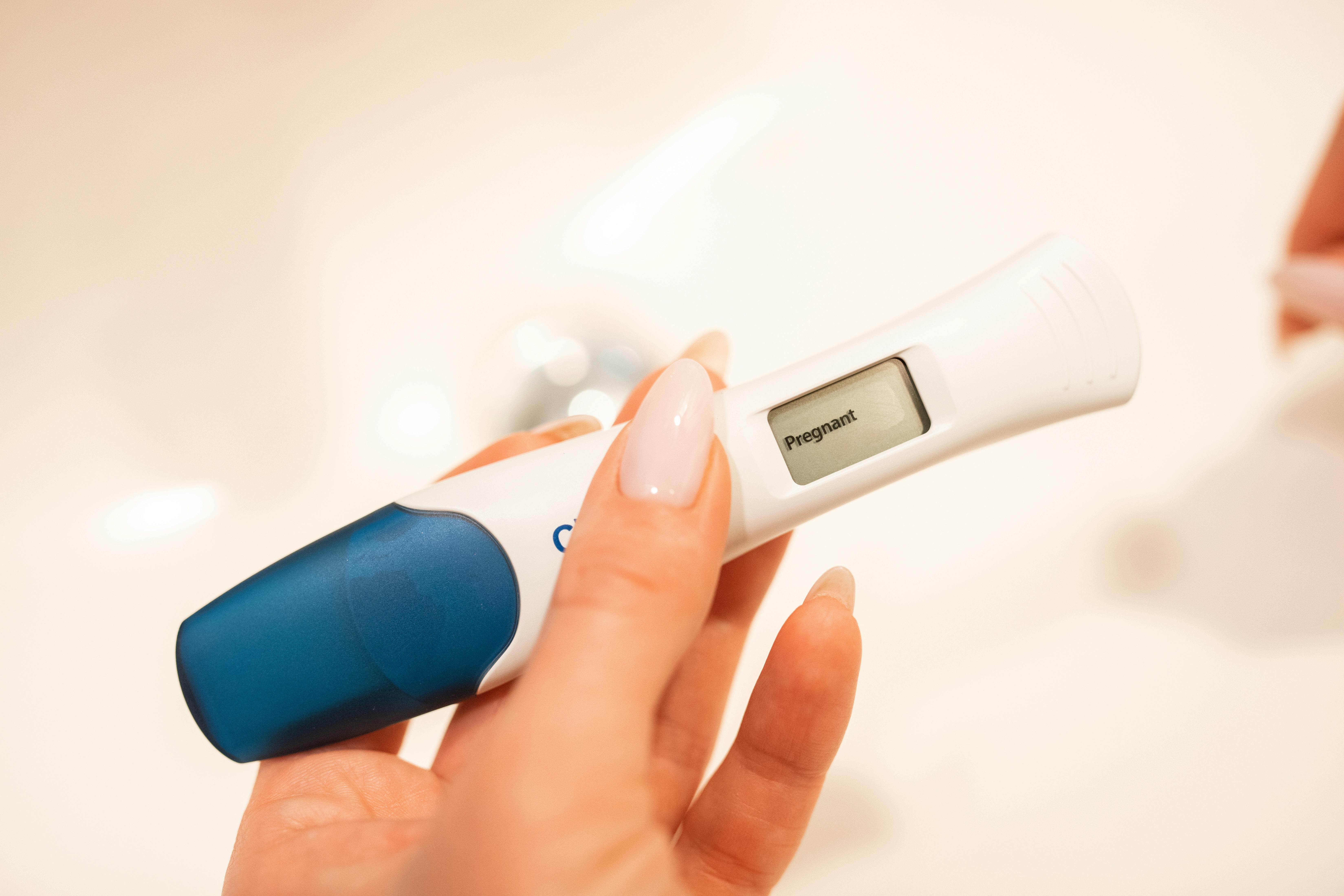







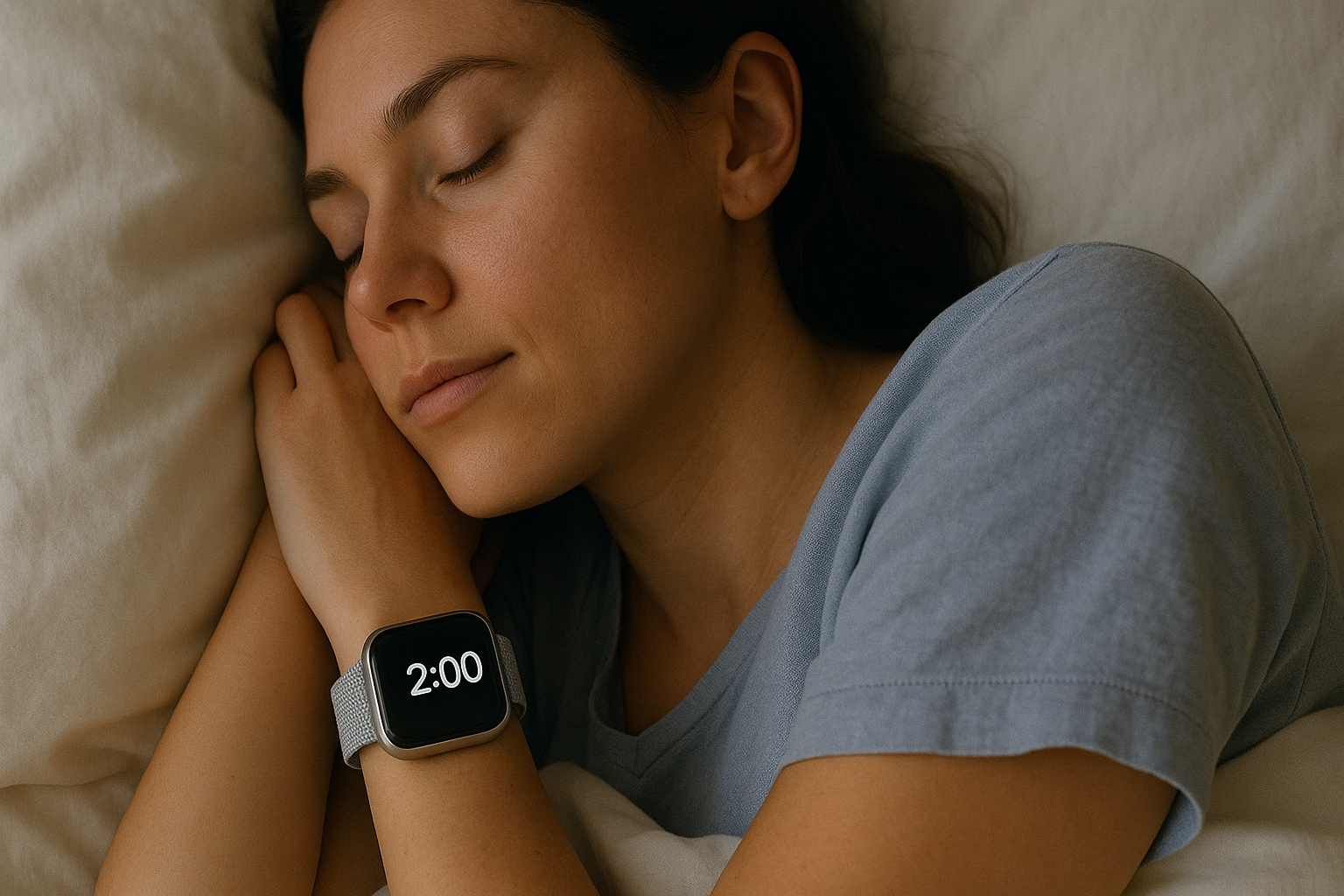


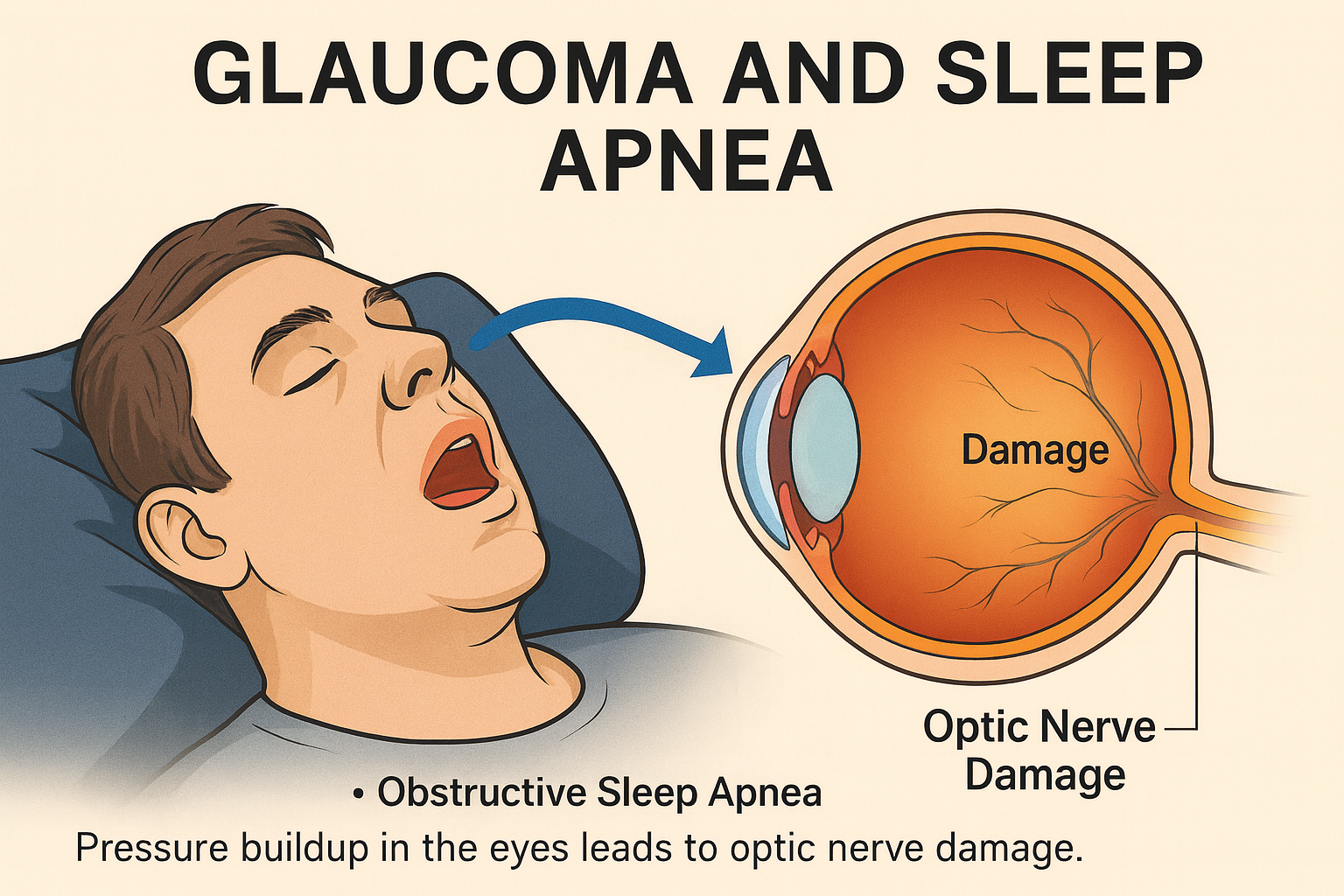

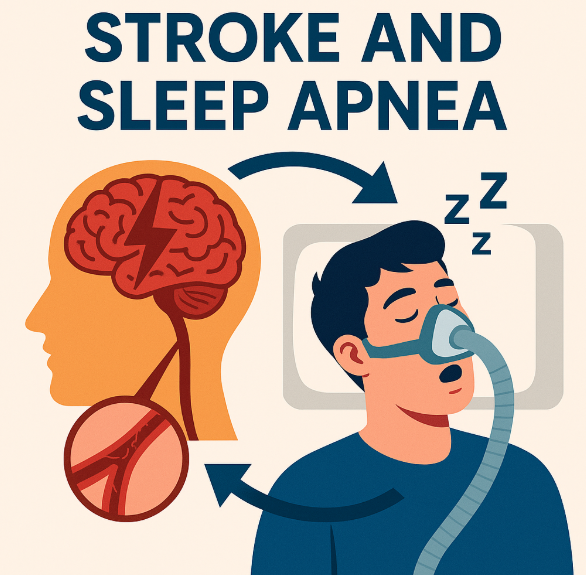































































%20thumbnail.jpg)
.png)